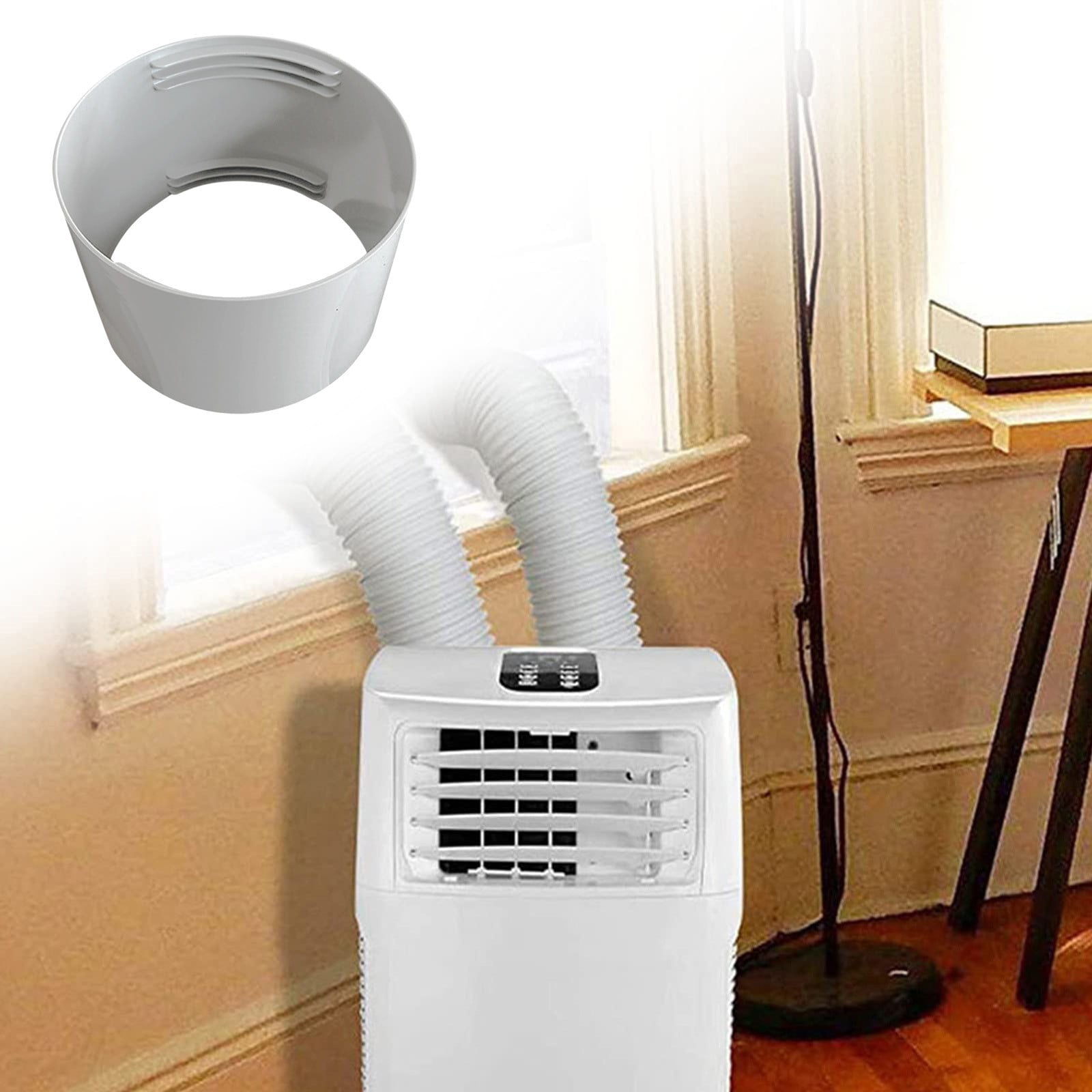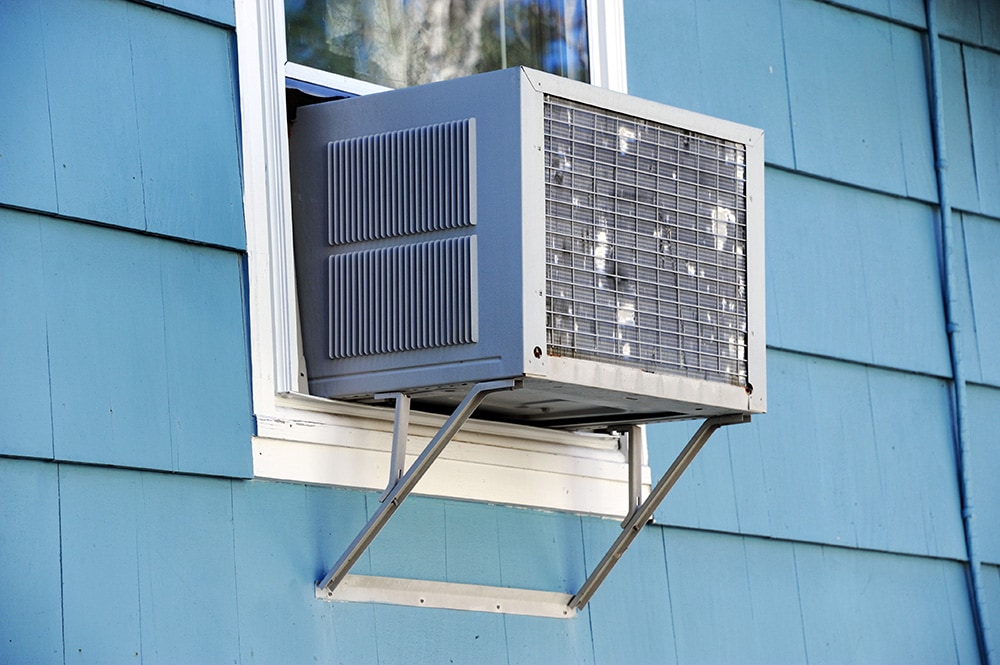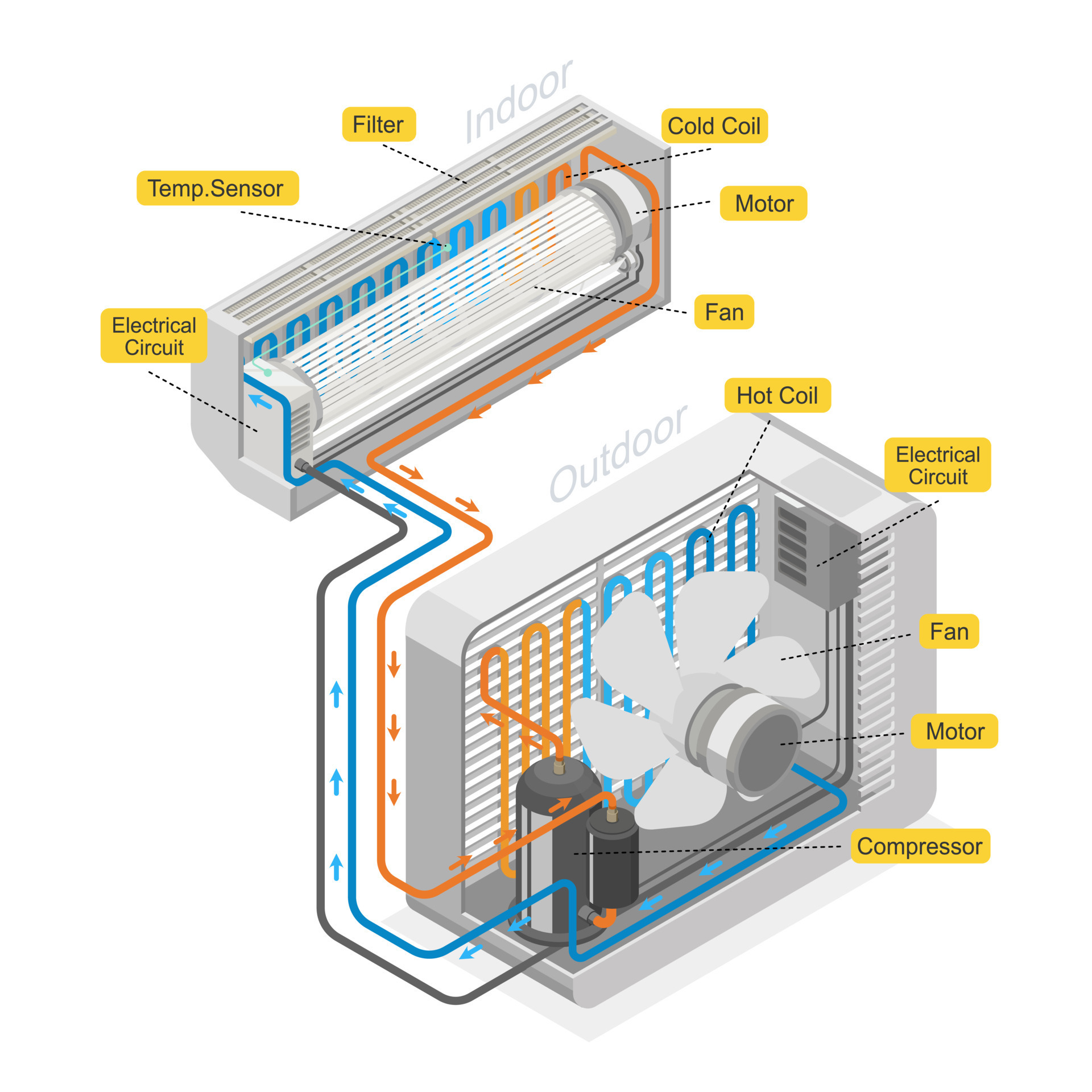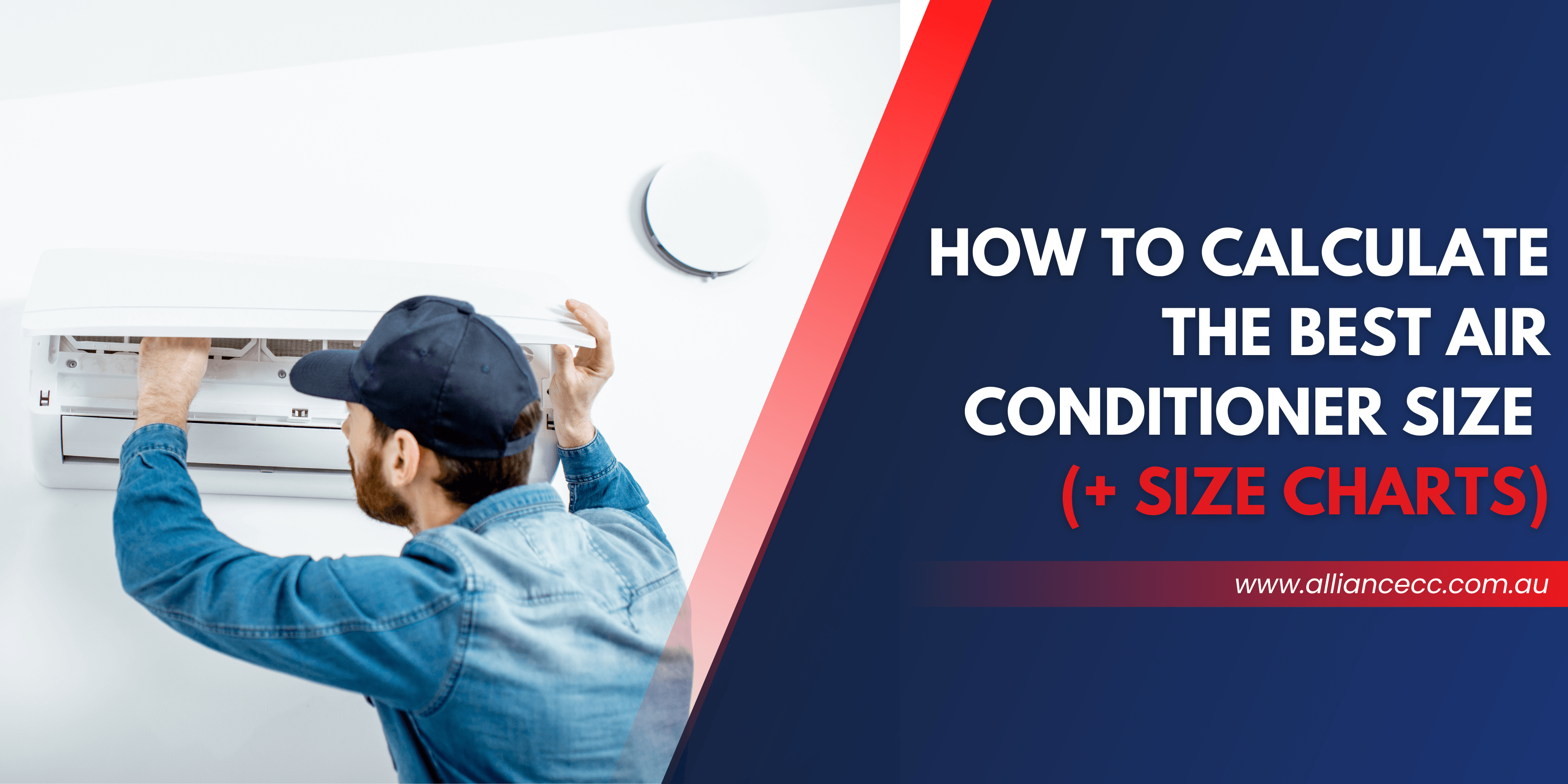Casual Tips About Can AC Be Stepped Up Or Down

Understanding AC Voltage
1. Exploring the Possibilities of Voltage Transformation
Ever wondered if you could just dial up or dial down the voltage of your air conditioner like you adjust the volume on your stereo? The short answer is, well, it's a bit more complicated than that! AC, or Alternating Current, voltage isn't a fixed entity. It can indeed be altered, but not with a simple knob. We need to delve into the world of transformers to really understand how this voltage manipulation works.
Think of electricity as water flowing through pipes. Voltage is like the water pressure. Sometimes you need more pressure to get the water to go where you want it, and other times, you need less to avoid bursting the pipes. Similarly, electrical devices need specific voltages to operate correctly. Too much voltage, and you risk frying the components; too little, and the device might not even turn on. Your air conditioner is no exception!
So, how do we control this electrical "water pressure"? That's where transformers come into play. These clever devices use electromagnetic induction to either increase (step-up) or decrease (step-down) the voltage of an AC circuit. They're basically voltage wizards, silently working behind the scenes to ensure your appliances get the power they need.
Now, let's get specific about air conditioners. Typically, an AC unit is designed to operate at a particular voltage. In North America, that's often 120V or 240V. The manufacturer has carefully considered the voltage requirements of all the internal components — the compressor, the fan motors, the control board — and designed the unit accordingly. Messing with that voltage without proper understanding can lead to serious problems.

Air Conditioner Hose Connector Exhaust
Transformers
2. Unlocking the Secrets of Voltage Transformation
Transformers are the unsung heroes of the electrical world. They come in various shapes and sizes, from the small ones inside your phone charger to the massive ones you see at electrical substations. The basic principle remains the same: two coils of wire wrapped around a common iron core. The ratio of the number of turns in each coil determines whether the voltage is stepped up or stepped down.
Imagine a transformer as a seesaw. If the "input" side of the seesaw (the primary coil) has fewer turns than the "output" side (the secondary coil), the voltage will be stepped up. Conversely, if the primary coil has more turns than the secondary coil, the voltage will be stepped down. It's all about the turns ratio!
In the context of your air conditioner, if you were to theoretically want to adjust the voltage before it reaches the AC unit (and this is generally NOT recommended without expert knowledge!), you could use a transformer. A step-down transformer would reduce the voltage, while a step-up transformer would increase it. But again, it's crucial to understand the risks involved.
Why the caution? Well, appliances are designed to operate within a specific voltage range. Going outside that range can cause damage, reduce efficiency, or even create a fire hazard. Electrical safety is paramount, so it's always best to consult a qualified electrician before attempting any voltage adjustments.

Why Would You Want to Change AC Voltage Anyway?
3. Reasons and Risky Scenarios
Okay, so we've established that you can technically change AC voltage using transformers. But the real question is: why would you want to? There are a few scenarios where voltage adjustment might be considered, though most of them are best left to the professionals.
One common scenario involves dealing with incompatible electrical systems. For example, if you move from a country with 120V electricity to one with 240V electricity, you might need a transformer to power your appliances. This is more common with smaller appliances, as larger appliances like AC units are often designed to be compatible with multiple voltages or are simply replaced.
Another potential scenario involves correcting voltage fluctuations. In some areas, the voltage supplied by the power grid can vary significantly, which can be hard on sensitive electronic equipment. A voltage regulator, which incorporates a transformer, can help to smooth out these fluctuations and provide a more stable power supply. However, this is usually a concern addressed at the main electrical panel, not individual appliances.
However, attempting to "optimize" the voltage to your air conditioner based on some perceived benefit is generally not a good idea. AC units are designed to operate efficiently within their specified voltage range. Tinkering with the voltage without proper knowledge is more likely to cause problems than to improve performance. You're better off focusing on proper maintenance, like cleaning the filters and ensuring good airflow, to keep your AC running efficiently.

Risks and Considerations
4. Navigating the Dangers of Voltage Modification
Let's be absolutely clear: messing with the voltage supplied to your air conditioner can be dangerous. Electricity is not something to be taken lightly, and improper voltage adjustment can lead to serious consequences, including electrical shock, fire, and damage to your AC unit.
Firstly, incorrect voltage can damage the internal components of your AC unit. Overvoltage can cause components to overheat and fail prematurely. Undervoltage can cause motors to work harder and also overheat, shortening their lifespan. Either way, you're looking at potentially expensive repairs or even a complete replacement of your AC unit.
Secondly, improper wiring or transformer installation can create a fire hazard. Loose connections, undersized wires, or faulty transformers can all overheat and ignite nearby materials. It's crucial to ensure that any electrical work is performed by a qualified electrician who understands the relevant safety codes and regulations.
Finally, attempting to modify the voltage without proper knowledge can be downright dangerous to yourself. Electrical shock can be fatal, and it's simply not worth the risk. Unless you have extensive experience working with electrical systems, it's best to leave voltage adjustments to the professionals. They have the training, tools, and knowledge to do the job safely and correctly.

So, Can AC be Stepped Up or Down? The Verdict
5. Summarizing the possibilities and highlighting the best practices
The answer to the question "Can AC be stepped up or down?" is a definite yes, but with a massive asterisk and a hefty dose of caution. While transformers provide the technical means to adjust AC voltage, doing so with your air conditioner should only be considered under very specific circumstances and always with the guidance of a qualified electrician.
Think of it this way: your AC unit is like a finely tuned instrument. It's designed to operate at a specific voltage to deliver optimal performance and efficiency. Tampering with that voltage without understanding the implications is like trying to tune a guitar with a hammer — you're more likely to break something than to improve the sound.
Instead of focusing on voltage adjustments, prioritize proper maintenance, energy-efficient practices, and professional servicing. Keep your filters clean, ensure proper airflow, and schedule regular checkups with an HVAC technician. These steps will do far more to improve the performance and longevity of your AC unit than any ill-advised voltage modifications.
Ultimately, electrical safety should always be your top priority. If you're unsure about anything related to your AC unit's voltage or electrical system, don't hesitate to consult a qualified electrician. They can provide expert advice and ensure that your home's electrical system is safe and reliable.

How To Calculate The Best Air Conditioner Size (+ Charts)
Frequently Asked Questions (FAQs)
6. Common questions about AC voltage and transformers
Here are some frequently asked questions about AC voltage and transformers, hopefully presented in a way that's a little lesselectrifying (pun intended!):
7. Q
A: Overvoltage can cause components in your AC unit to overheat and potentially burn out. This can lead to costly repairs or even require you to replace the entire unit. It's like feeding your car premium gas when it's only designed for regular — it might run for a little while, but eventually, something's going to go wrong.
8. Q
A: It's generally not recommended to use a regular extension cord with an AC unit. AC units draw a significant amount of power, and a standard extension cord might not be able to handle the load. This can cause the cord to overheat, creating a fire hazard. If you absolutely must use an extension cord, make sure it's a heavy-duty cord rated for the amperage of your AC unit. And as always, consult an electrician if you're unsure.
9. Q
A: The voltage requirements for your AC unit are typically listed on a sticker or nameplate on the unit itself. You can also find this information in the owner's manual. It's crucial to ensure that the voltage supplied to the AC unit matches the voltage requirements specified by the manufacturer. If you're unsure, consult an electrician.
10. Q
A: Minor voltage fluctuations are normal, but large or frequent fluctuations can be a problem. If you notice significant voltage fluctuations, it's best to consult an electrician. They can assess the situation and recommend solutions, such as a voltage regulator, to protect your appliances.